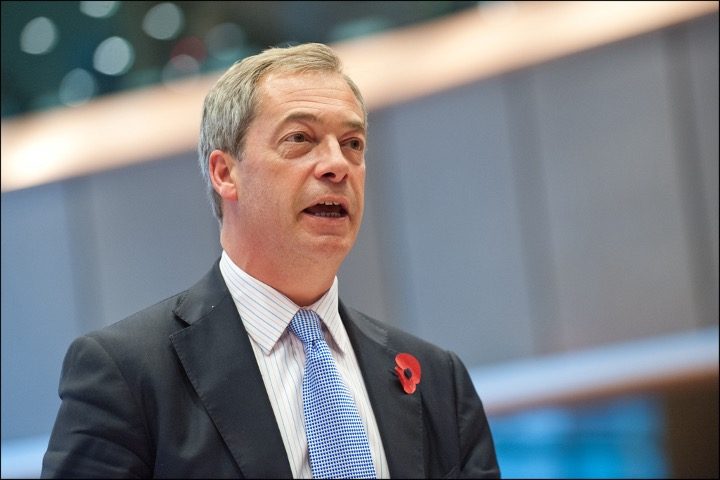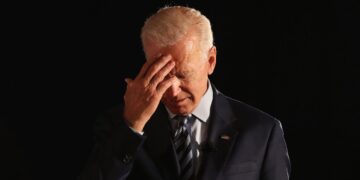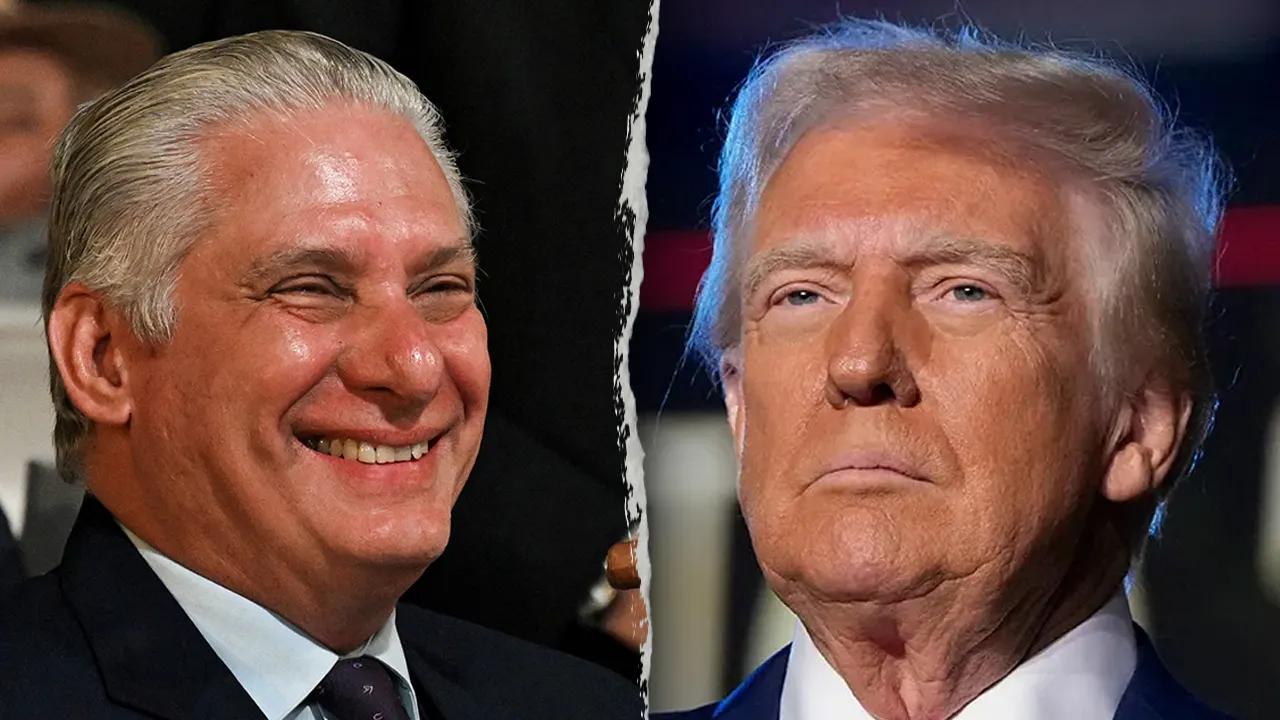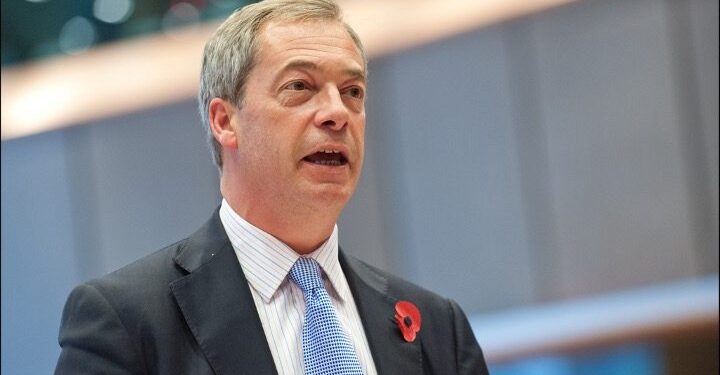
Nigel Farage. The man hailed as one of the chief voices behind Brexit. He has been just as lauded among the dissident Right as he has been demonized by the mainstream media. For years, the conservative establishment in his country has kept him at arm’s length, seeing him as a controversial pariah.
Now, that same party establishment may be prepared to reconsider their position and instead turn to Farage at a time when the Tories are extremely vulnerable.
Former British Prime Minister and Conservative Party leader Liz Truss has floated the idea of extending an invitation to Farage to join the party in order to “help turn our country around.” As Politico reported, this came shortly after Farage was present at the launch of Truss’ new group, Popular Conservatives.
If Farage were to join the Tories, it would be a long-time-in-coming reunion. He was a member of the party until 1993, when he was among the founders of the right-wing, euroskeptic UK Independence Party (UKIP).
After playing an instrumental role in securing Britains’ withdrawal from the European Union in 2016, Farage left UKIP in 2018 and instead founded the Brexit Party, which is now rebranded as Reform UK. Although Farage has since quit frontline politics, he continues to be an influential figure by his constant presence on right-wing media.
For example, he has established a profitable career as a presenter on the right-leaning GB News, a new television channel in Britain. On his nightly weekday show, he frequently critiques the current political leadership for what he perceives as insufficient toughness on matters such as immigration and taxation. Additionally, he gained prominence with a notable appearance on the widely watched reality show I’m a Celebrity…Get Me Out of Here!
For Tories who believe the party is struggling (as evidenced by poor polling going into this year’s general election) amid the defection of its more hard-line constituents, one potential solution is to extend an invitation to Farage, the man whose rival right-wing party is peeling voters away from the Conservative Party.
David Campbell Bannerman, a former member of the European Parliament who went from UKIP to the Conservative Party in 2011, told Politico that he has “always regarded Nigel as a Tory,” adding that Farage is a “low tax, strong defense, strong law and order, small state conservative” and would therefore be a “good fit” for the Tories.
Campbell Bannerman went so far as to suggest that Farage could serve as an immigration spokesman for the Conservative Party following the election.
But as Politico notes, not all Tories are excited at the idea of Farage getting involved:
One former Tory strategist involved in the 2016 Brexit referendum campaign, granted anonymity because they are not authorized to speak on the record in their new role, was even more scathing.
“The fact there are some Tories, even those as deluded as Truss, seriously considering this, tells you how much there is a vacuum of ideas in the Conservative Party,” they said.
While some in the party would welcome his return, the former strategist warned that “for [Farage] to feel at home with the Conservative Party, it would have to look like a Conservative Party which a lot of other people don’t feel comfortable in.”
For other Conservatives, embracing an old enemy would just be too hard.
Explaining why he would not support a Farage return, Deputy Prime Minister Oliver Dowden, a close ally of [Prime Minister Rishi] Sunak, told the BBC: “I, like many hundreds and thousands of Conservatives up and down the country, have spent many years campaigning against parties led by Nigel Farage.”
According to focus groups, Farage remains popular in the United Kingdom. And despite the criticism from his detractors, a number of voices are extolling Farage’s virtues as a political figure who is still relevant and has much to contribute to the country.
One resident of the Midland market town of Wellingborough told researchers that Farage was “a mastermind over Brexit” and that if the Conservative Party accepted Farage “they would get more votes.”
Farage originally formed UKIP in response to what he saw as the erosion of British sovereignty and ceding of decision-making power to the EU. He strongly opposed the EU’s influence on British laws, regulations, and policies. He believed that the UK should regain control over its legislative and regulatory affairs, asserting that the EU had become too bureaucratic and intrusive.
Farage and UKIP also focused on immigration as a major concern. They argued that the EU’s “freedom of movement” policy allowed for uncontrolled immigration, leading to issues such as increased competition for jobs and strain on public services.
Even since leaving UKIP behind, Farage has continued fighting for these principles, which are reminiscent of the right-wing movements that have gained traction in the United States and throughout Europe.
The Conservative Party has been in the throes of poor leadership and lack of identity for years, even while it has enjoyed power for 14 years thanks to a right-leaning electorate. But that favor could quickly dissipate in the next general election if Tories do not get their act together. Could joining forces with Farage be the answer they’re looking for?
Shop For Night Vision | See more…
Shop For Survival Gear | See more…
-
Sale!

Quick Slow Release Paramedic Survival Emergency Tourniquet Buckle
Original price was: $14.99.$7.99Current price is: $7.99. Add to cart -
Sale!

Portable Mini Water Filter Straw Survival Water Purifier
Original price was: $29.99.$14.99Current price is: $14.99. Add to cart -
Sale!

Stainless Steel Survival Climbing Claw Carabiner Multitool Folding Grappling Hook
Original price was: $19.99.$9.99Current price is: $9.99. Add to cart

































 Reaction & Commentary
Reaction & Commentary









